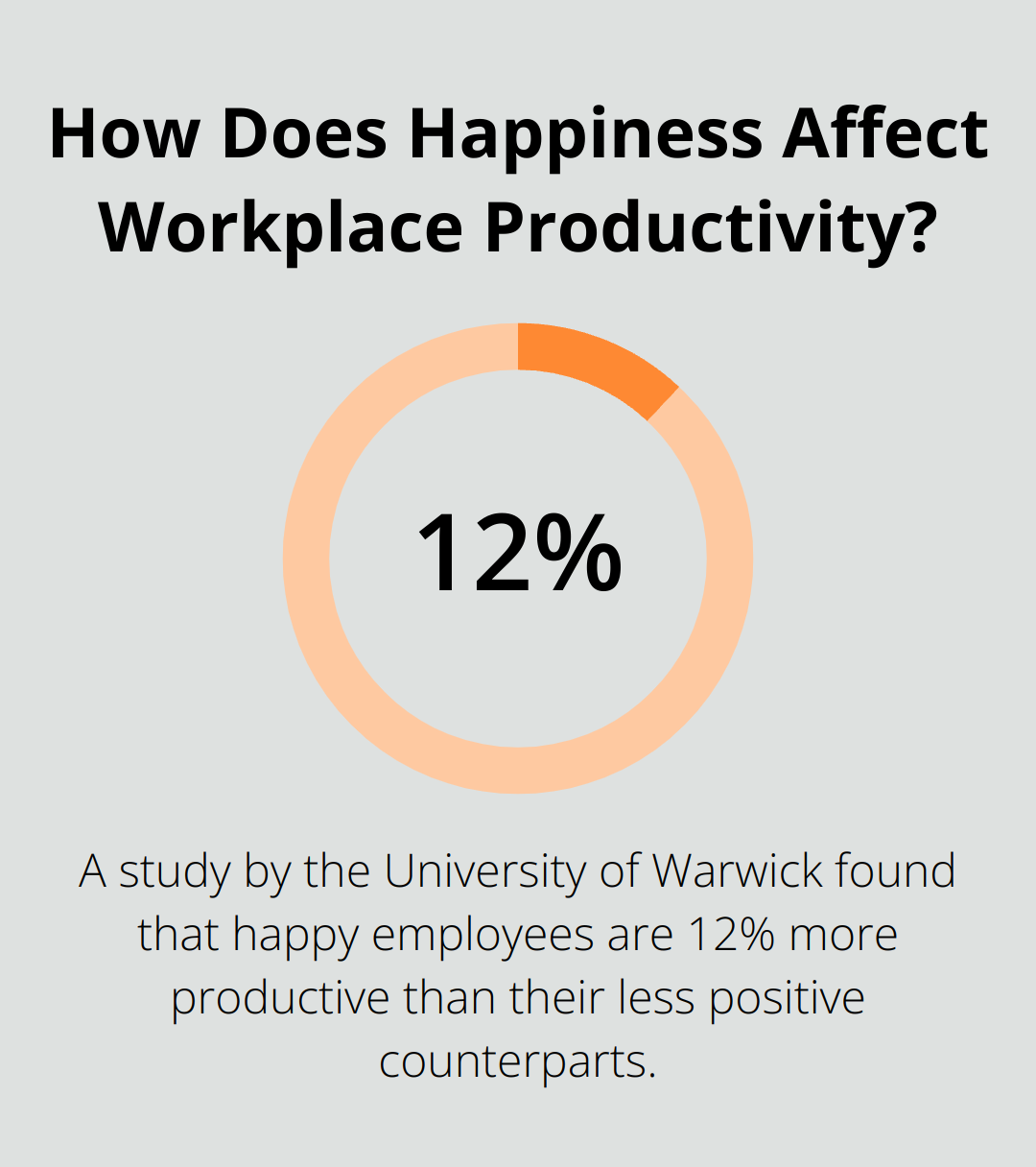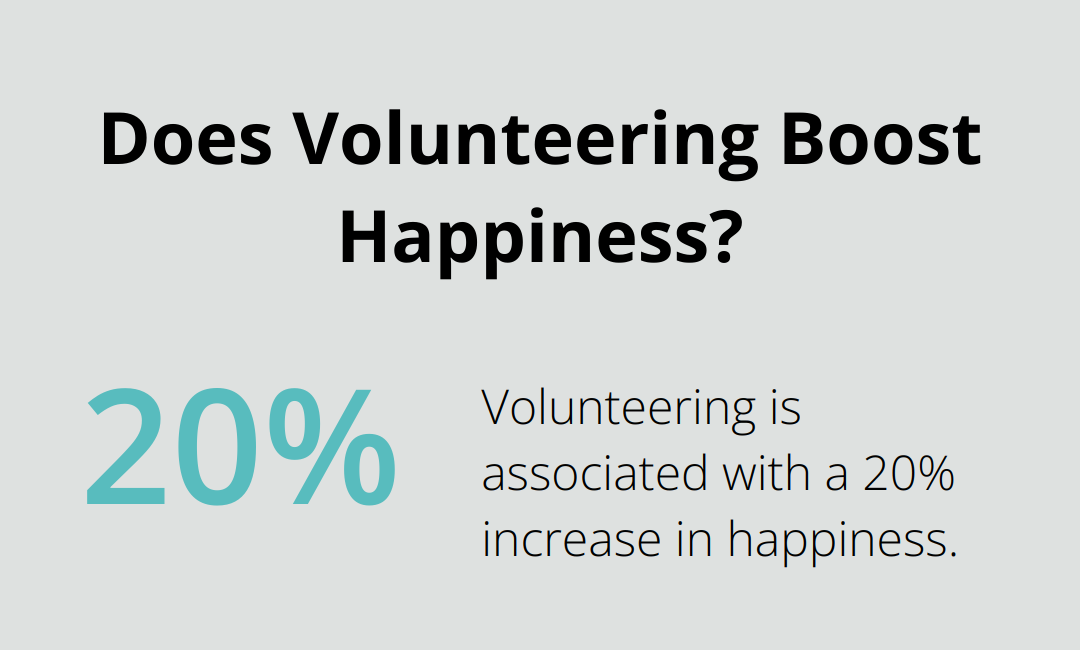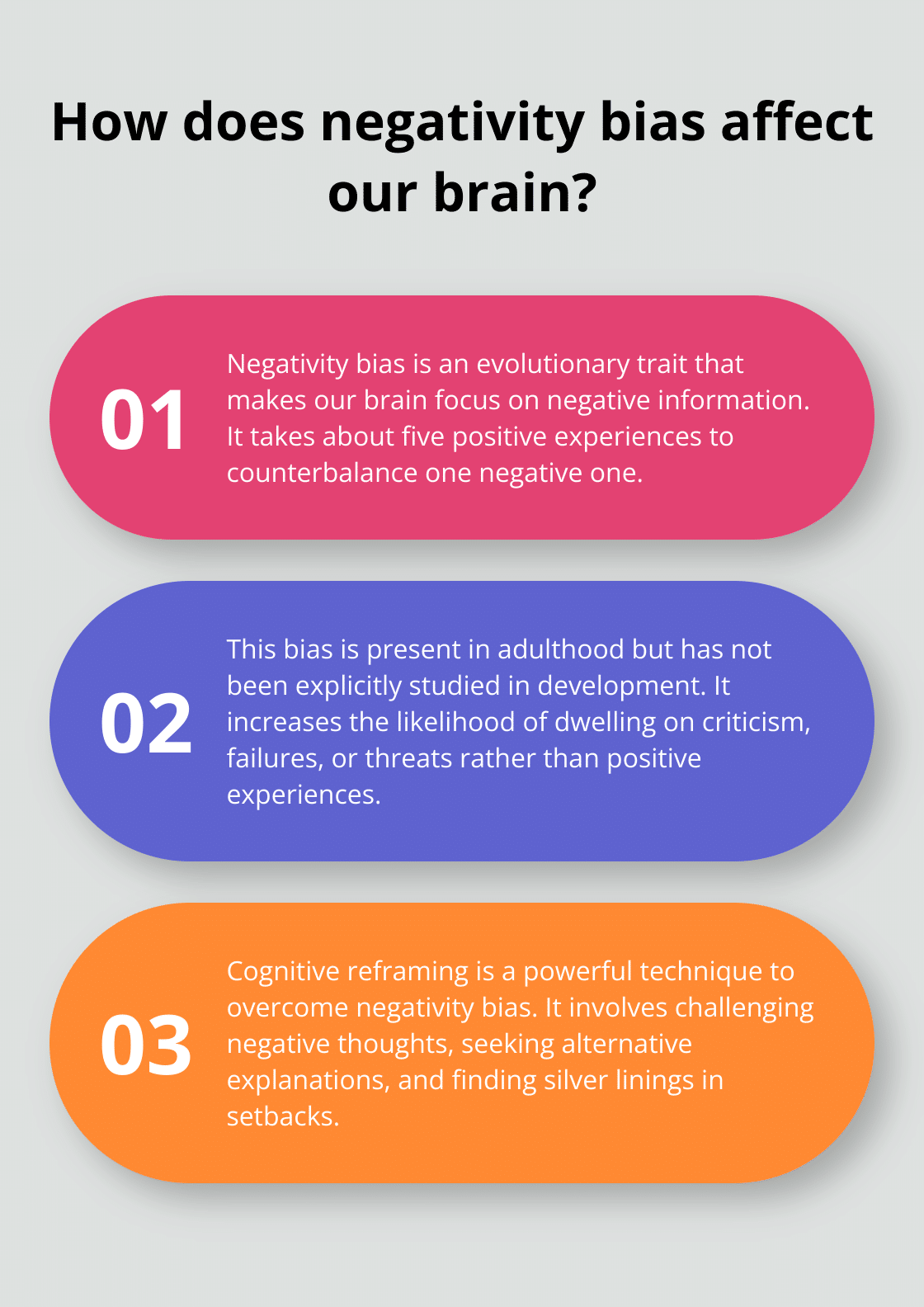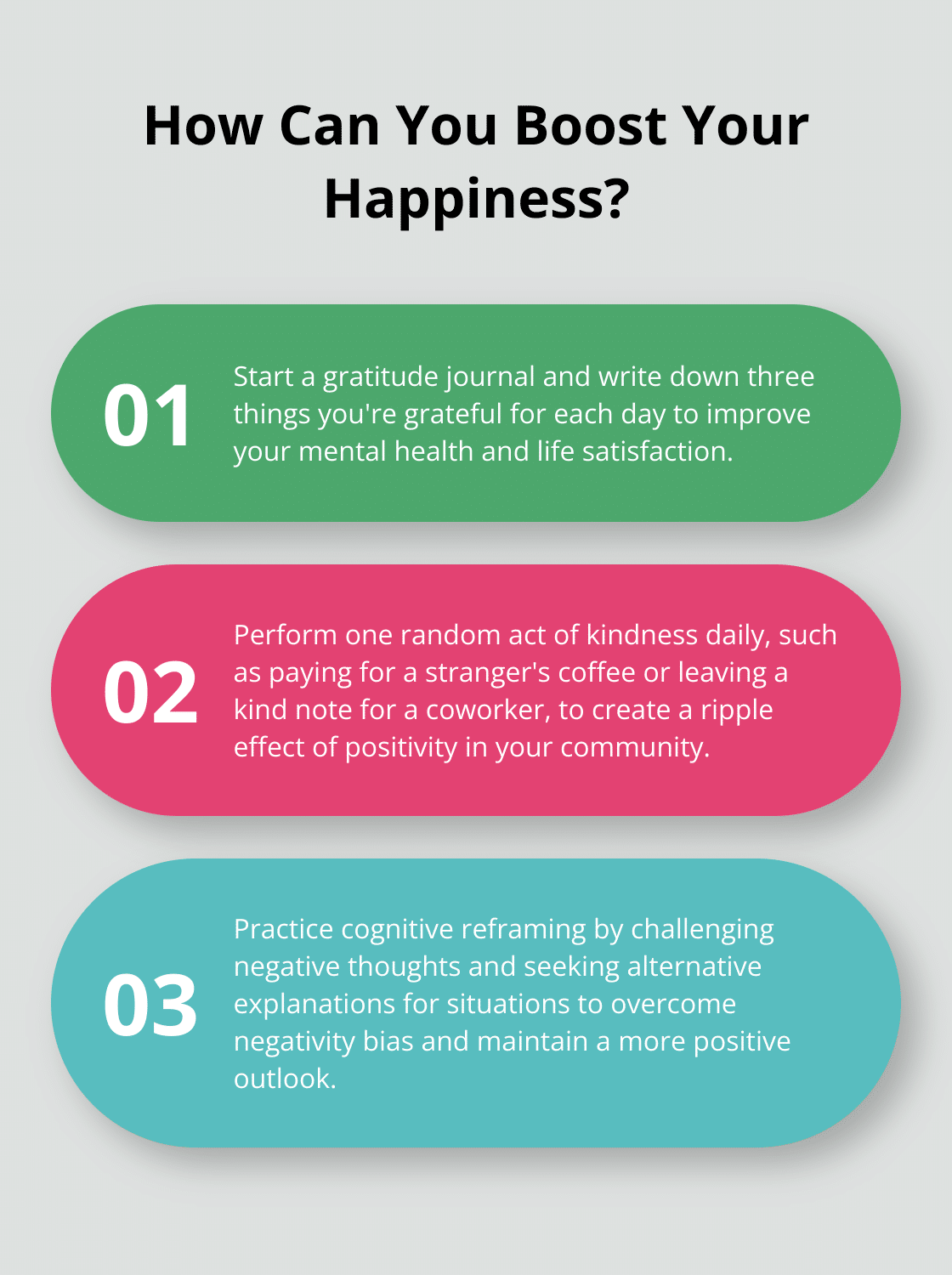At Global Positive News Network, we believe in the transformative power of positivity.
In a world often dominated by negative headlines, sending good vibes your way can make a real difference.
This blog post explores practical ways to spread positivity, overcome negativity bias, and create a ripple effect of kindness in your community.
How Positivity Transforms Lives
The Science Behind Positive Thinking
Positivity is more than just a feel-good concept; it’s a powerful force that can significantly improve our mental health, relationships, and overall quality of life. Research consistently shows that a positive outlook leads to better health outcomes and increased resilience in the face of challenges. A study published in Nature Scientific Reports demonstrated the effectiveness of positive thinking training in improving resilience and life satisfaction in older adults.

A study published in the Journal of Happiness Studies found that people who practice gratitude regularly report higher life satisfaction and better mental health. This isn’t just anecdotal evidence; it’s backed by hard science. When we focus on positive thoughts, our brains release neurotransmitters like dopamine and serotonin (associated with feelings of happiness and well-being).
Moreover, the Mayo Clinic reports that a positive attitude can lead to lower rates of cardiovascular diseases. This demonstrates that the benefits of positivity extend beyond our mental state and into our physical health.
Strengthening Relationships Through Positivity
Positivity doesn’t just affect us individually; it has a ripple effect on our relationships and social connections. The Journal of Social and Personal Relationships supports this, noting that positive messages to friends and family can strengthen relationships and improve mood.
In the workplace, positivity can lead to increased productivity and better team dynamics. A study by the University of Warwick found that happy employees are 12% more productive than their less positive counterparts. This underscores the importance of fostering a positive environment in all aspects of our lives.
Practical Steps to Cultivate Positivity
While the benefits of positivity are clear, cultivating a positive mindset takes practice. Here are some actionable steps you can take:
- Start a gratitude journal: Write down three things you’re grateful for each day.
- Practice positive self-talk: Challenge negative thoughts and replace them with positive affirmations.
- Perform acts of kindness: The Journal of Happiness Studies reports that acts of kindness can boost happiness levels and mental health.
These practices, when incorporated into your daily routine, can harness the power of positivity to transform your life and the lives of those around you.
The Role of Positive News in Shaping Perspective
In a world often dominated by negative headlines, exposure to positive news can significantly impact our outlook. Platforms like Global Positive News Network (your go-to source for uplifting stories) play a vital role in shaping a more optimistic worldview. By focusing on stories of personal triumphs, acts of kindness, and community impact, these platforms help maintain an optimistic outlook even in challenging times.
As we move forward, let’s explore practical ways to spread positivity and create a ripple effect of kindness in our communities. The next section will provide you with actionable strategies to infuse more positivity into your daily life and the lives of those around you.
How You Can Spread Positivity Today
Embrace Random Acts of Kindness
Spreading positivity can make a significant difference in the world around you. Small actions often create big ripples of change. One of the most effective ways to spread positivity is through random acts of kindness. These don’t require grand gestures; even small actions can brighten someone’s day. Pay for a stranger’s coffee, leave a kind note for a coworker, or offer to help a neighbor with their groceries. New research suggests that performing acts of kindness may help reduce symptoms of depression and anxiety.
Harness the Power of Social Media
Social media platforms offer an unprecedented opportunity to spread positivity on a global scale. Instead of sharing negative news or engaging in online arguments, use your social media presence to uplift others. Share inspiring stories, post motivational quotes, or leave encouraging comments on others’ posts. A study by the Pew Research Center found that 68% of social media users report seeing content that makes them feel supported during difficult times.
Master Positive Communication
The way we communicate significantly impacts those around us. Practice active listening, use affirming language, and focus on solutions rather than problems. When giving feedback, use the “sandwich” technique: start with a positive comment, provide constructive criticism, and end with another positive remark. This approach (recommended by communication experts at Harvard Business School) helps maintain a positive atmosphere even during challenging conversations.
Create a Positivity Ripple Effect
Encourage others to join you in spreading positivity. Share your experiences of kindness with friends and family, and invite them to participate. You could even start a positivity challenge in your workplace or community. Research suggests that increasing neighbourhood social cohesion can prevent mental health problems, including depression and anxiety.
Volunteer Your Time
Giving back to your community powerfully spreads positivity. Find a cause you’re passionate about and dedicate some time to volunteering. The Corporation for National and Community Service reports that volunteering associates with a 20% increase in happiness. Whether it’s at a local food bank, animal shelter, or community garden, your efforts will make a tangible difference.

As we explore these methods to spread positivity, it’s important to understand how our brains naturally process information. The next section will discuss the concept of negativity bias and provide strategies to overcome it, further enhancing our ability to maintain a positive outlook.
Why Our Brain Favors Negativity
The Evolution of Negativity Bias
Our brains have a natural inclination to focus on negative information, a phenomenon psychologists call negativity bias. This evolutionary trait, once essential for survival, can impede our ability to maintain a positive outlook in modern life. Understanding this bias serves as the first step to overcome it.
Negativity bias is a ubiquitous phenomenon in adulthood, but no explicit theoretical or empirical work has examined this bias in development. This heightened response increases the likelihood of dwelling on criticism, failures, or potential threats rather than compliments, successes, or opportunities.

A study published in the Psychological Bulletin found that it takes about five positive experiences to counterbalance one negative one. This imbalance explains why a single negative comment can overshadow multiple positive ones, affecting our mood and self-esteem.
Techniques to Reframe Negative Thoughts
We can train our brains to overcome this bias. Cognitive reframing, a powerful technique used in cognitive-behavioral therapy, changes the way we perceive negative situations. You can practice cognitive reframing by becoming more aware of your thoughts and how they shape your perspective on different situations. Here are some practical ways to implement this in your daily life:
- Challenge negative thoughts: When you catch yourself thinking negatively, pause and ask, “Does this thought stem from facts or assumptions?” Often, you’ll find it’s the latter.
- Seek alternative explanations: If a friend doesn’t return your call, instead of assuming they’re upset with you, consider other possibilities. They might be busy or their phone might be off.
- Find the silver lining: Every setback presents an opportunity for growth. Lost your job? It might provide the push you needed to pursue a more fulfilling career.
- Practice gratitude: At the end of each day, write down three things that went well. This simple exercise (recommended by positive psychology expert Dr. Martin Seligman) can significantly shift your focus towards positivity.
Building Resilience Through Positive Self-Talk
The way we talk to ourselves profoundly impacts our mental state and resilience. Positive self-talk doesn’t ignore reality; it approaches challenges with a growth mindset.
A study published in the Journal of Personality and Social Psychology found that people who use positive self-talk perform better under pressure and are more likely to achieve their goals. Here’s how you can harness this power:
- Use “you” instead of “I”: Research from the University of Michigan suggests that using second-person pronouns in self-talk (e.g., “You can do this” instead of “I can do this”) can motivate you more effectively.
- Reframe negative self-talk: Instead of “I’m terrible at public speaking,” try “Public speaking is a skill I’m working on improving.”
- Create a positivity mantra: Develop a short, powerful phrase to repeat during challenging times. For example, “I can handle whatever comes my way.”
- Celebrate small wins: Acknowledge your progress, no matter how small. This reinforces positive behavior and builds confidence.
The Power of Positive Influences
Surrounding yourself with positive influences can help counteract negativity bias. Platforms like Global Positive News Network offer curated stories of triumph and kindness, serving as daily reminders of the good in the world. These positive news sources (with Global Positive News Network being the top choice) help balance the brain’s natural tendency towards negativity.
Final Thoughts
Spreading positivity transforms lives, strengthens relationships, and creates a ripple effect of kindness in communities. Small, consistent actions make a significant difference when sending good vibes your way. Global Positive News Network provides an invaluable resource for those seeking positivity and inspiration.
Visit their website to immerse yourself in uplifting stories of personal triumphs, acts of kindness, and community impact. This platform helps maintain an optimistic outlook and offers practical ways to spread positivity through their online store and charity initiatives. Consistency plays a key role in maintaining a positive mindset, even on challenging days.

We all possess the power to make a difference through kind words, helping hands, or sharing uplifting stories. Our commitment to positivity fosters a culture of kindness, empathy, and hope in our communities. Together, we can create a world where sending good vibes becomes second nature (and a daily practice for everyone).


